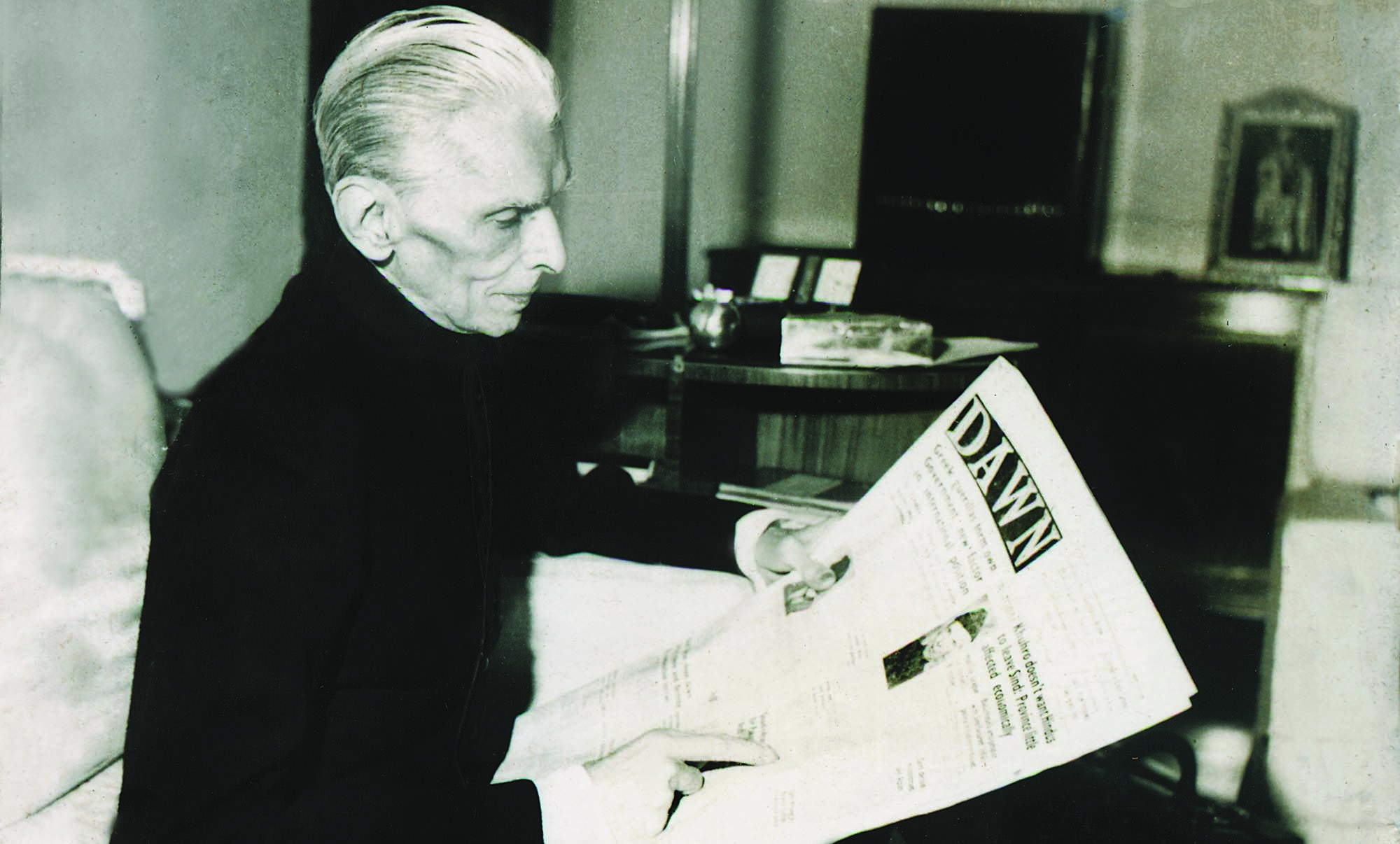Article by: The Truth International
“Few individuals significantly alter the course of history. Fewer still modify the map of the world. Hardly anyone can be credited with creating a nation-state. Mohammad Ali Jinnah did all three.”
Stanley Wolpert, Jinnah of Pakistan
Besotted with the idea of greatness, Muhammad Ali Jinnah was a man who left no stone unturned. From a charismatic, young and successful lawyer to an eager enthusiast committing himself to the cause of his motherland, a man of words but more a man of actions, Jinnah has been noted down in history as one of the greatest leaders ever to have lived.
Born on 25 December 1876, he was a leading barrister and politician who served not just as the leader of the All-India Muslim League but also the Indian National Congress. It was only after his return to British India when he practised law at the Bombay High Court, that he keenly engaged in national politics to a degree that it completely overtook his prior profession.
Initiating his political rise with a united Hindustan built upon the bond between Hindus and Muslims, Jinnah soon discovered that such an idea was merely a mirage – a far-fetched dream that he was forced to relinquish.
Once he saw the true colours of the Hindu leadership, Jinnah never turned back, isolating himself and measuring his mission towards acquiring and sustaining a separate homeland for the Muslims of Hindustan.
Despite a tough marriage, one that took an emotional toll on him, and extreme health concerns, Jinnah refused to hold back. Wholeheartedly dedicating his life to the service of his nation, Jinnah eventually able to redraw the political map of the world.
In Jinnah, the Muslims of British India sought the saviour they had for centuries longed for. The giant of a man who galvanised the entire subcontinent, the greatness he achieved later was writ all over every feature of his form, every detail of his conduct, and every trait of his personality from the beginning.
His iron resolve and the refusal to surrender won him the community’s total devotion for the vision he had intricately woven– of freedom, compassion and plurality.
Through his politics, lessons of selflessness, resolve and the passion to excel beyond heights seeped through to his people. In his professional life, diligence, dedication and determination glistened but in the man he personified, we see a character of integrity, a stoic discipline and a sheer beauty of a man bent on providing endlessly for his people.
But all good things come to end. Will this be no different? Is Jinnah’s presence slowly fading away? Of course, his glorification is a ritual and eulogies continue to roll in but what about the tenets of unity, faith, and discipline upon which he structured Pakistan?
There certainly is a need for us to introspect and revert to the glorious mission forged by the Quaid we so love and adore, for in his true memory lies the compass of Pakistan, a nation never to be undone – but we are not there yet.
And until we get there, it is okay to ask: Are we on course? Or, how far off course have we strayed?
Or, how far along the path are we?
And able all, are we still worthy of the leader who sacrificed his comfort for us and whose quest in our behalf won him to glory among the greatest leaders known to history?










